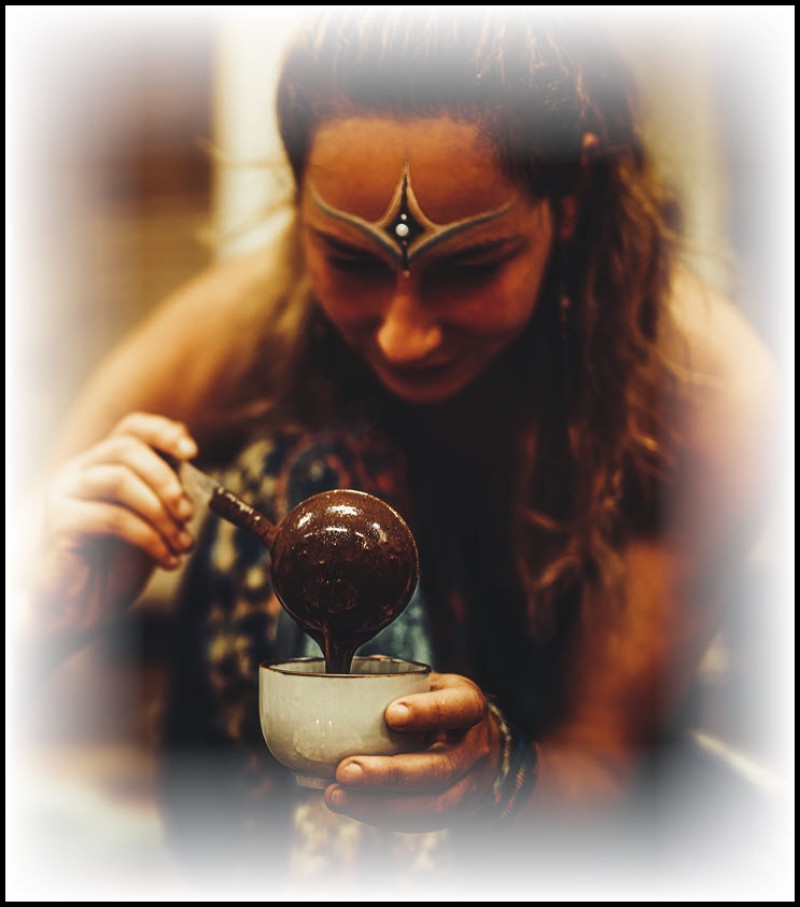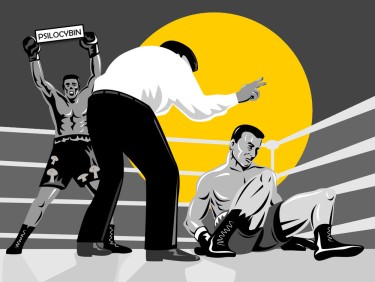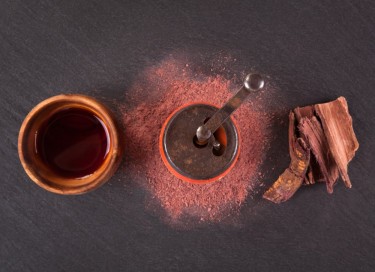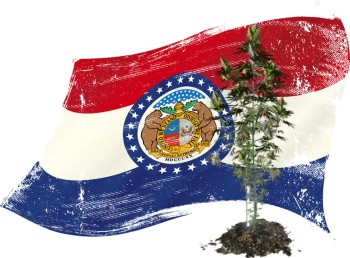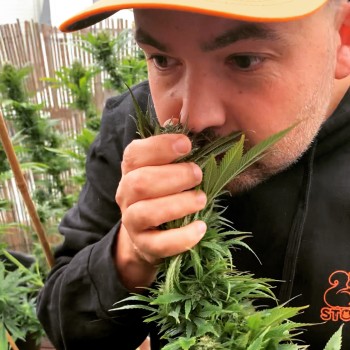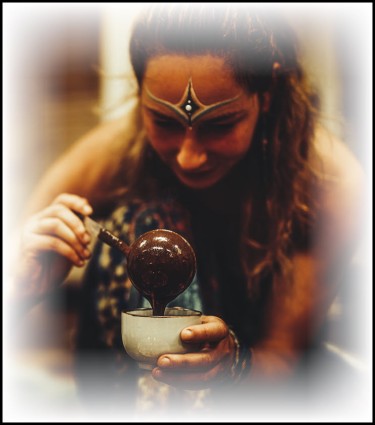
Notwithstanding being illicit and a propensity for the media and politicians to demean their use, psychedelics have proven to have transformational effects on people who suffer from mental problems like anxiety and depression. Nonetheless, drug use, in general, is a strong predictor of mental health problems, and the border between medical and recreational use is frequently obscured.
What is Ayahuasca?
It is a psychedelic Amazonian beverage that is used in healing rituals and prevalent syncretic religions throughout the world, particularly in South America. Large-scale research was absent until recently, despite its extensive use in various contexts and growing global interest.
The properties of this medicinal beverage are derived from two plants. Psychotria Viridis, a shrub whose leaves contain the hallucinogenic chemical DMT, is cooked with Banisteriopsis caapi, a vine that weaves its way up to the treetops and over river banks in the Amazon basin.
Beginning in the 1930s, religions in Brazil were birthed around using ayahuasca as a sacrament. Ayahuasca rituals have circulated in cities across Brazil and also worldwide.
After the country's federal drug regulator found that "religious group members" had witnessed "exceptional" benefits from ingesting it, ayahuasca was made legal for religious use in Brazil in 1987. Ayahuasca users report feeling at ease with themselves, God, and the universe.
A Study on Ayahuasca
A study that took place at the Federal University of Rio Grande do Norte in Brazil included 218 patients who suffered from depression. Twenty-nine of the patients were chosen on the basis of their suffering from depression that was treatment-resistant and did not have any history of psychotic diseases like schizophrenia, which ayahuasca may exacerbate.
The 29 individuals were assigned randomly to go through a single treatment session, where they were given either a placebo substance to drink or ayahuasca. The placebo was a bitter, brownish liquid with a sour taste, made out of citric acid, water, caramel colorant, and yeast. Two common ayahuasca adverse effects, nausea and vomiting, were reproduced by zinc sulfate.
The study occurred in a hospital room that was designed to look like a comfortable and quiet living room.
The initial symptoms of ayahuasca last roughly four hours and include dream-like images, puking, and intense reflection. Participants listened to two tailored playlists throughout this time, one with instrumental music and the other with songs sung in Portuguese.
The patients were observed by members of two teams, who supported those experiencing anxiety during this harrowing physical and emotional experience. One-day significant improvement was observed in 50% of the patients, including improved mood and less anxiety.
After another week, 64% of the patients who had been given ayahuasca still felt that their depression had eased. Only 27% of those who got the placebo substance displayed such results.
Building on Previous Findings
Our findings back up clinical research on the antidepressant properties of ayahuasca conducted in Brazil in 2015.
The research, headed by Dr. Jaime Hallak of the University of São Paulo, also discovered that a single ayahuasca session had an immediate antidepressant effect. All 17 participants revealed that symptoms of depression decreased in the early hours after ingesting ayahuasca. The result remained for 21 days.
This research got considerable attention from scientists. However, as there was no control group of patients who got a placebo medicine, the research's promising findings were limited.
In clinical trials, up to 45 percent of patients taking a placebo report significant gains. Because of the high placebo effect in depression, several experts have questioned whether antidepressants actually work.
From Religion to Science
The two studies, although preliminary, add to an increasing body of proof that psychedelic drugs such as LSD, ayahuasca, and mushrooms aid individuals with depression who are hard to treat.
However, because these medications are prohibited in many countries, the United States included, it has been challenging to assess their therapeutic usefulness. Even in Brazil, the use of ayahuasca as an antidepressant is still a fringe, unregulated practice.
A Brazilian blogger named Leon found the drug while researching online. Leon opted to participate in an ayahuasca ritual at the Santo Daime church in Rio de Janeiro, one of the numerous Brazilian churches that employ ayahuasca as a sacrament, eager to discover solutions for his stubborn condition.
Although the religion does not keep track of its membership, the Uniao do Vegetal; a similar faith, is said to have around 19,000 followers around the world.
Many religious organizations in America harvest traditional traditions centered on natural psychedelics, and these are among them. Psychedelic plants like ayahuasca, peyote, or psilocybin, they believe, open people's minds to spiritual realms and profound experiences.
As researchers in the United States, Brazil, Canada, and beyond begin meticulous medical evaluations of these substances, this knowledge, once considered spiritual, is now being interpreted into scientific terms.
The Therapeutic Power of Psychedelic Experience
The Brazilian blogger said in his blog that he at times conjured visions and illusionary scenarios, which gave him some insight into his life relationships. At other times, he would get a strong sense of manifesting inner divinity and a feeling of bliss.
The Hallucinogen Rating Scale, which helps convert these ineffable sensations into numbers, was used by participants in the study. Individuals who drank ayahuasca scored much higher than those who drank a placebo on the questionnaire.
The individuals who explained the fullest physical, auditory, and visual effects while on their ayahuasca trip had the most notable depression alleviation benefits after seven days.
Bottom Line
Ayahuasca should not be used as a cure or remedy. Psychedelic experiences may prove to be too emotionally and physically demanding for some individuals to use frequently as a treatment. Some regular ayahuasca users are still suffering from depression. But, as the research shows, the Amazonian sacred plant has the ability to be effectively and safely utilized to treat even the depression that is most difficult to treat.
Ayahuasca drinkers in real-life scenarios saw significant improvements in their emotional symptoms in this research assessment. There is no obvious indication that using ayahuasca long-term can bring about any harmful mental health consequences.
PSYCHEDELICS FOR DEPRESSION, READ THIS...
BIG WIN FOR PSILOCYBIN IN LARGEEST DEPRESSION STUDY EVER!
